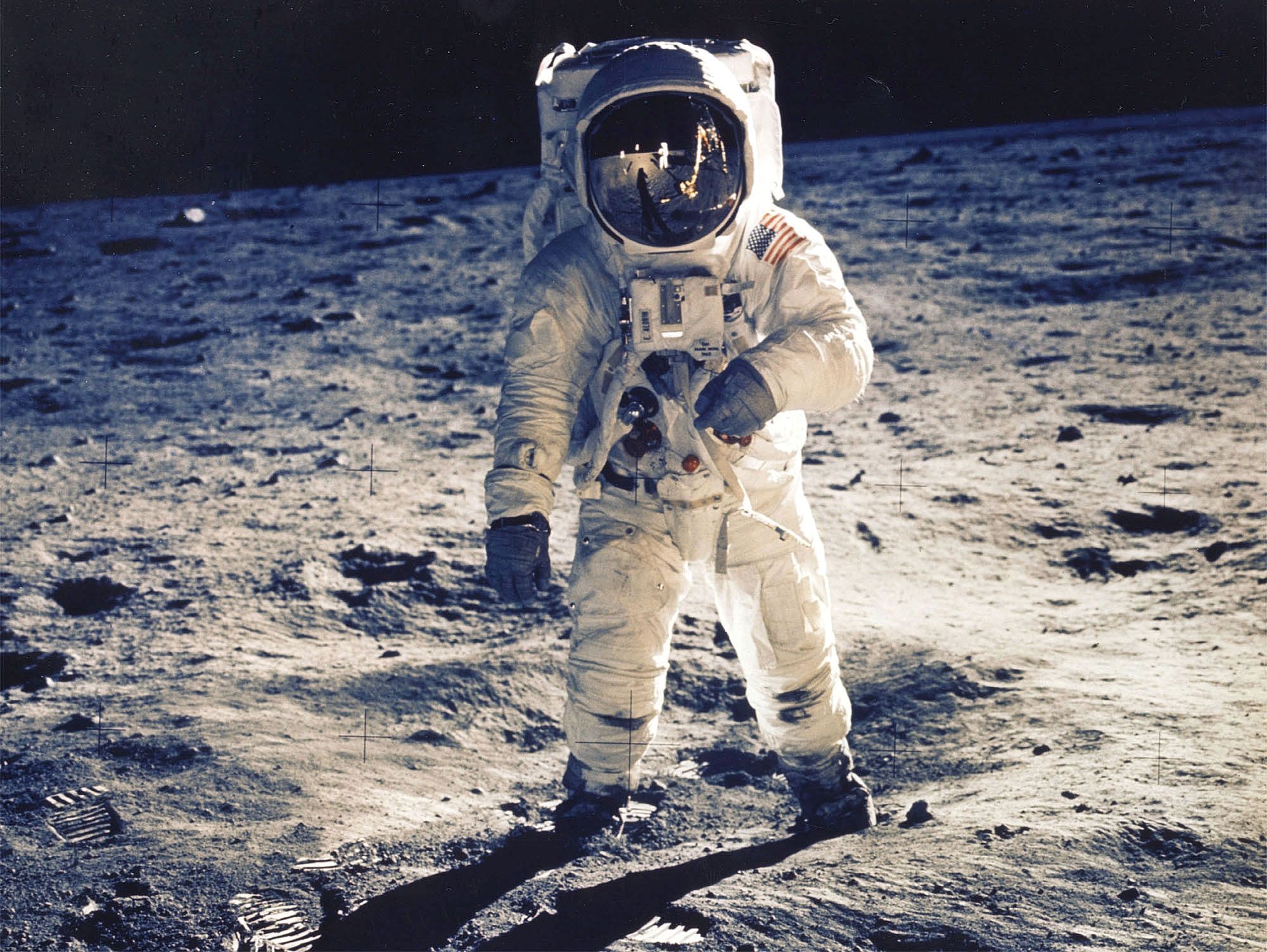This article highlights the 10 most important space missions of all time, each of which has contributed to our understanding of the universe and inspired generations of scientists and engineers. The first on the list is the iconic Apollo 11 mission, which saw humans set foot on the moon for the first time. Other missions include the Viking 1 and 2, which landed on Mars and provided crucial information about the planet, and the Hubble Space Telescope, which has transformed our knowledge of the cosmos. Further missions explored the outer solar system, studied human adaptation to space, and pioneered space stations and deep space exploration.
10 Most Important Space Missions of All Time
The exploration of space is one of the most fascinating and technologically advanced achievements of humanity. With continuous research and innovation, astronauts have paved the way for groundbreaking discoveries and have provided a deeper understanding of the universe. Here are the 10 most important space missions of all time:
1. Apollo 11: The Moon Landing (1969)
One of the most iconic moments in human history was the moon landing of Apollo 11. The mission was led by Neil Armstrong and Buzz Aldrin, and they became the first humans to set foot on the moon, marking an important milestone in space exploration.
2. Viking 1 and 2: Exploration of Mars (1975)
The Viking 1 and 2 spacecraft marked the first successful landing on Mars. They provided the first close-up images of Mars, as well as vital information about the planet’s atmosphere, geology, and potential for life.
3. Hubble Space Telescope: Exploring the Universe (1990)
The Hubble Space Telescope has revolutionized our understanding of the universe. The telescope has provided astronomers with stunning images of the cosmos and has helped expand our knowledge about galaxies, black holes, and other celestial bodies.
4. Voyager 1 and 2: Exploring the Outer Solar System (1977)
The Voyager 1 and 2 spacecraft were launched to study the outer solar system, including Jupiter, Saturn, Uranus, and Neptune. Both spacecraft are still functioning, and Voyager 1 became the first man-made object to leave the solar system and enter interstellar space in 2012.
5. Skylab: Study of Human Adaptation to Space (1973)
Skylab was the first American space station and was designed to study the effects of long-term spaceflight on the human body. It was inhabited by three different astronaut crews and provided valuable insights into long-duration space missions.
6. Sputnik 1: The First Artificial Satellite (1957)
Sputnik 1 was the first artificial satellite launched into space by the Soviet Union. It marked the beginning of the space race between the US and the Soviet Union and was a major moment in human history.
7. Chandrayaan-1: Mapping the Moon (2008)
Chandrayaan-1 was India’s first lunar mission and was designed to study the moon’s composition and structure. The spacecraft discovered water on the moon and provided valuable data about the moon’s geology and mineral resources.
8. Mars Exploration Rovers: Opportunity and Spirit (2003)
The Mars Exploration Rovers, Opportunity and Spirit provided critical information about the Martian surface and the planet’s potential for life. The rovers travelled across the planet’s surface, collecting data and taking images to better understand the planet’s geology, atmosphere, and history.
9. Salyut 1: The First Space Station (1971)
Salyut 1 was the first space station launched by the Soviet Union. It marked the beginning of the era of space stations, which have since become instrumental in research and exploration in space.
10. Pioneer 10: Pioneer of Deep Space Exploration (1972)
Pioneer 10 was the first spacecraft to travel through the asteroid belt and make a close flyby of Jupiter. It provided critical data about the giant planet’s magnetic field and radiation environment and was the first spacecraft to leave our solar system.
These 10 missions represent some of the most important and significant moments in space exploration. They have provided valuable insights into our universe and have inspired generations of scientists and engineers to continue pushing the boundaries of what we know and what we can achieve in space.
